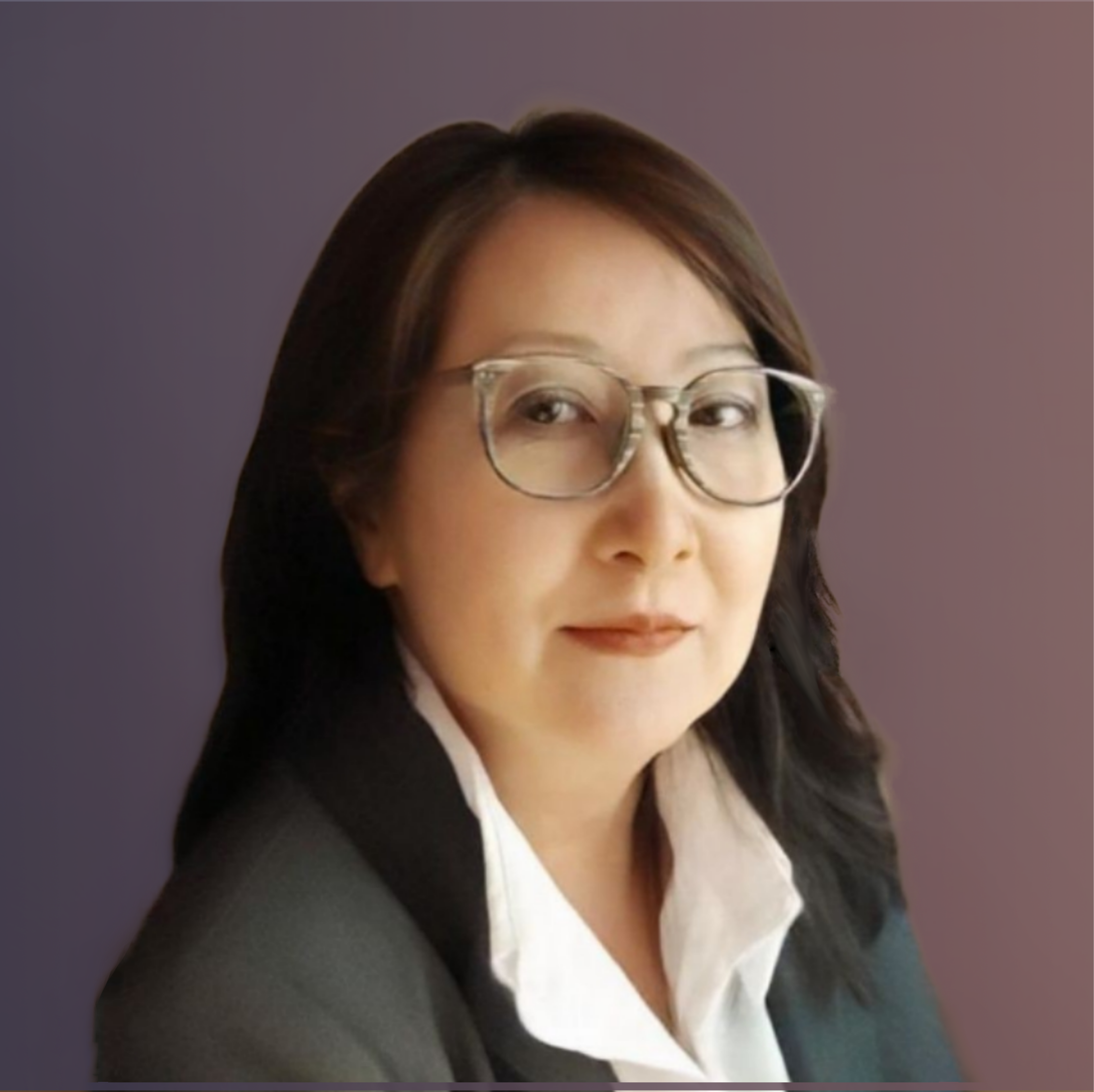

By Cindy Hui, OD,
San Francisco Bay Area OD and writer
I was drifting along in my professional life in a state of subacute contentment; my brain’s operating system was on autopilot. Yet, for years, there was an undercurrent of dissatisfaction, a lack of fulfillment. I finally quit my job a couple of years ago without a plan, another job or direction–and without any back-up income.
Job fulfillment involves job duties and responsibilities that align with one’s enjoyment, match areas of expertise and hold value ensuring good compensation. I didn’t really have a lot of time to explore my interests or “passions.” The lack of income part of my situation required me to accelerate my self-reflection and assessment.
So I just went with my gut feeling and decided to pursue writing.
OPTOMETRIC SKILLS
Optometrists are experts at observing patient behavior and solving problems to make accurate diagnoses. Optometrists also obsess over minute details, such as a threshold point on a 40-2 or a little smudge on an OCT. Logical thinking and organizational skills are abilities that optometrists use daily in formulating treatment plans and managing patients, staff and practices. Further, practicing optometry requires professionalism and observing standards of patient care regarding consent, privacy and ethics.
WRITING SKILLS
Optometrists have natural qualities that match those of good writers, but I would need concrete writing skills.
I did have some writing experience beyond my prehistoric college and optometry school days. For several years, I served as a quality assurance (QA) board member for a previous corporate optometry job. I was responsible for drafting meeting minutes, procedure protocols, and general QA documentation.
I had to remediate basic writing skills, ensuring accuracy in spelling, grammar and punctuation. Then seemingly basic components, like commas, grew increasingly difficult, as demonstrated by the conflict over the use of the serial comma. Proper use of italics and parentheses was confusing. I had difficulty distinguishing the differences between the minus sign, dash, en dash and em dash. A disproportionate amount of time was spent trying to find these symbols on my keyboard. Did I forget these principles from a time long ago, or had I never learned them to begin with?
But I persisted. I researched citation and style formats like AP, APA, the Chicago Manual of Style, and especially AMA. Why is the spelling of the term “Alzheimer’s” disease correct in most writing styles, except in the AMA style, where it should be referred to as “Alzheimer” disease? I accepted these guidelines, absorbed the information and, surprisingly, things started to get easier.
UNIQUE TRAITS
I am definitely interested in human behavior, especially communication styles. While working as an optometrist, I found that explaining medical terms in layman’s terms was not enough. Patients’ comprehension differed, so I researched patient education, which led to behavior profiling. I developed multiple communication scripts in my head to match different patient behavior models.
Eventually, I wrote all the scripts down on paper. I enjoyed the luxury of being able to explain concepts through the written word, with the flexibility of adjusting the content to different audiences. My interest in human behavior and communication styles would help me tailor content to intended audiences as a writer.
It might also be evident that I also like to take deep dives into subject matters, commonly known as research. Research is essential, even if a writer has expert knowledge on a topic, citations and references need to be incorporated into the composition.
The final elements that make me a good writer are my voice and motivation. The accumulation of knowledge and wisdom over time, combined with the understanding of various subjects, is often referred to as “experience,” where one’s unique voice emerges. I possess a distinctive voice.
Ultimately, I am motivated to write. While the practical need for income necessitates writing, my drive goes beyond this. For example, I regularly practice typing drills to enhance my typing speed. I am dedicated to developing all possible aspects of my writing.
IT MAKES SENSE
Recently, a former co-worker reached out to see how I was doing. “How are things going? Are you working at a different optometric practice, flipping burgers or enjoying early retirement?” I informed her that I was writing optometric articles. I expected her to be surprised, as I had never expressed any interest in writing, but her response was simply, “Yeah, I can see that; you like to explain things.”
She was right. I do like to explain things. I explain things and concepts with the written word, with clarity and focus, telling a story in a particular style and tone that engages an audience. I guess I am a writer.
Connect with Dr. Hui on LinkedIn at drcchiu
Have you made a career change? Let us know by emailing mbijlefeld@jobson.com. Some of our stories on women who made career changes are here.



